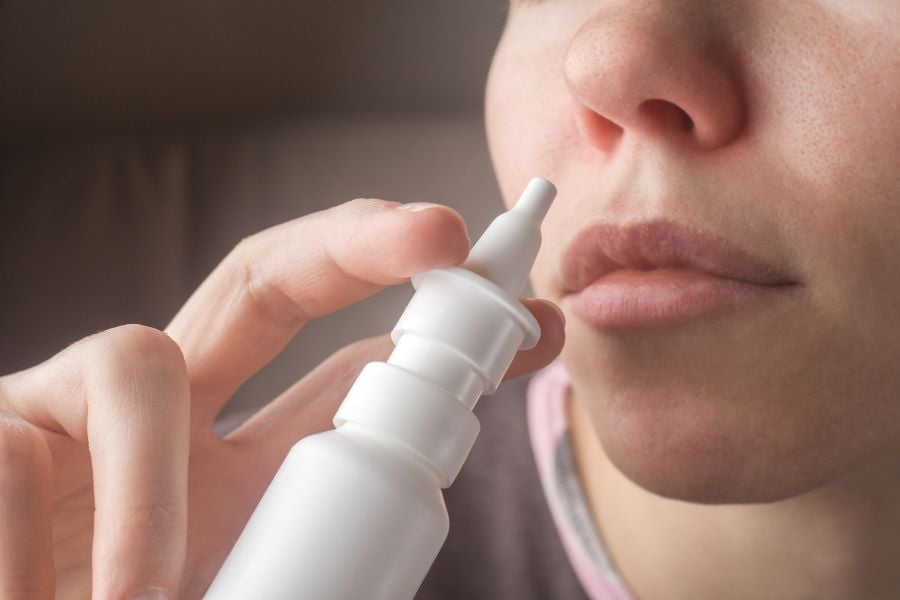4 Types of Nasal Sprays – Which One is The Best?
Related Topics (Sponsored Ads):
If the symptoms of your allergy affect only your nose, a nasal spray will tackle this allergy. However, there are different types of nasal sprays; which type will be the most suitable for your nasal allergy? As you go on reading this brief article, you will learn essential pieces of information about nasal sprays, such as the types and side effects.
If the symptoms of your allergy affect only your nose, a nasal spray will tackle this allergy. However, there are different types of nasal sprays; which type will be the most suitable for your nasal allergy? As you go on reading this brief article, you will learn essential pieces of information about nasal sprays, such as the types and side effects.

Types Of Nasal Sprays For Allergies
There are various types of nasal sprays with similar terms of use, but they have different purposes due to the medications they contain. Hence, you will need to find the nasal spray that targets your particular symptoms of allergies to find relief. What does this mean? It means you can not use any type of nasal spray to find relief for your allergies.
The most common types of nasal sprays include the following:
Steroid sprays
Decongestant sprays
Anticholinergic sprays
Antihistamine sprays
Steroid sprays
Steroid sprays are specifically designed to reduce inflammation. Hence, they can relieve various allergy symptoms like runny nose, watery eyes and nasal congestion.
Examples of steroid sprays include Nasacort (triamcinolone acetonide) and Flonase (fluticasone propionate). In some cases, doctors often prescribe nasal sprays, such as Zetonna (ciclesonide) and Nasonex (mometasone).
Decongestant Sprays
Decongestant sprays relieve nasal allergy by shrinking swollen, irritated blood vessels lining the nose. Hence, tackling allergies like congestion, itching and sneezing.
Examples of decongestant sprays you will find over the counter include Neo-Synephrine (phenylephrine hydrochloride) and Afrin (oxymetazoline hydrochloride).
Anticholinergic Sprays
Anticholinergic sprays contain medications that help dry up extra mucus by affecting specific receptors in the nose. Hence, these sprays tackle runny noses mostly caused by seasonal allergies.
Examples of anticholinergic sprays include Atrovent (ipratropium bromide), available by prescription.
Antihistamine Sprays
Antihistamine sprays are specifically designed to relieve allergies like sneezing, runny nose and itching by blocking the effects of histamine, which is the main cause of allergy symptoms.
Examples of antihistamine sprays mostly prescribed by doctors include Asteline, Astepro and patanase (olopatadine).
Side Effects Of Using Nasal Sprays For Allergies
Every medication has a side effect; hence, it is advisable to review these side effects and speak with your doctor before using any nasal spray to relieve your allergies. It is essential because many of these nasal sprays have the potential to interfere with your current medication.
The common side effects of the various types of nasal sprays include the following:
Steroid sprays: nosebleeds and nasal perforations (rare)
Decongestant sprays: dryness, stinging, burning, fast heartbeat and increased blood pressure
Anticholinergic sprays: headaches, irritation, nosebleed and dry nose
Antihistamine sprays: dizziness, dry mouth, drowsiness and nosebleeds

